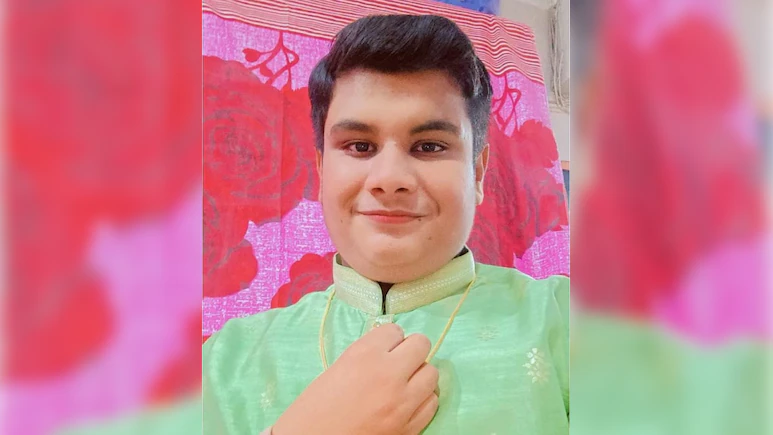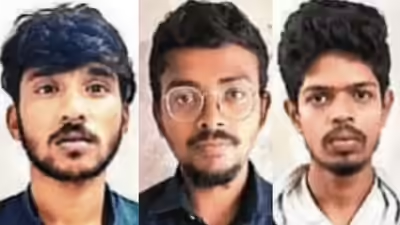
Punchline: Tragic case, Teen suicide MBBS admission underscores academic pressure and mental health concerns in India.
On September 24, 2025, a heart-wrenching incident shook Chandrapur district in Maharashtra when 19-year-old Anurag Anil Borkar tragically ended his life on the day he was to depart for his MBBS admission in Gorakhpur, Uttar Pradesh. Anurag had recently cleared the NEET UG 2025 examination with a remarkable 99.99th percentile, securing All India Rank 1475 in the OBC category.
Despite this remarkable achievement, Anurag reportedly left a suicide note stating that he did not wish to pursue a career in medicine. His distress reflects the immense academic and societal pressures faced by students in India. The decision to pursue medicine is often driven by parental and societal expectations rather than personal aspirations, leaving little room for individual choice. Many students face similar challenges where their mental health suffers under relentless pressure to excel academically.
The Navargaon Police have registered a case and are investigating the incident. This tragedy has sparked nationwide discussion on student mental health, parental expectations, and the urgent need for better psychological support systems in schools and colleges. Experts stress that academic excellence should not come at the cost of mental well-being. Counseling, career guidance, and open communication within families and schools are essential to ensure students feel empowered to make choices aligned with their own passions and interests.
Mental health professionals emphasize that students must be provided safe spaces to express their fears and doubts without judgment. Educational institutions should integrate mental health education and counseling services as a standard part of the curriculum. Families, too, need to learn to prioritize emotional well-being alongside academic success to prevent such tragedies.
This heartbreaking incident is a stark reminder of the urgent need for empathy, support, and systemic changes in India’s educational culture. It calls for a re-evaluation of how success is defined and for fostering environments where students can freely choose their paths without fear of judgment or societal pressure. Policymakers, educators, and parents must work together to create a culture that values emotional well-being as much as academic achievement.
Conclusion:
Anurag Anil Borkar’s tragic death is a somber reminder of the immense pressure students face and the urgent need to address mental health openly. Educational institutions, families, and society must work together to ensure students have the freedom to pursue their true passions without fear. This incident should catalyze systemic changes in the educational system, placing student mental health at the forefront, and creating a supportive environment where aspirations are respected and nurtured.
FOR MORE BLOGS – beyondthepunchlines.com

 Add to favorites
Add to favorites








